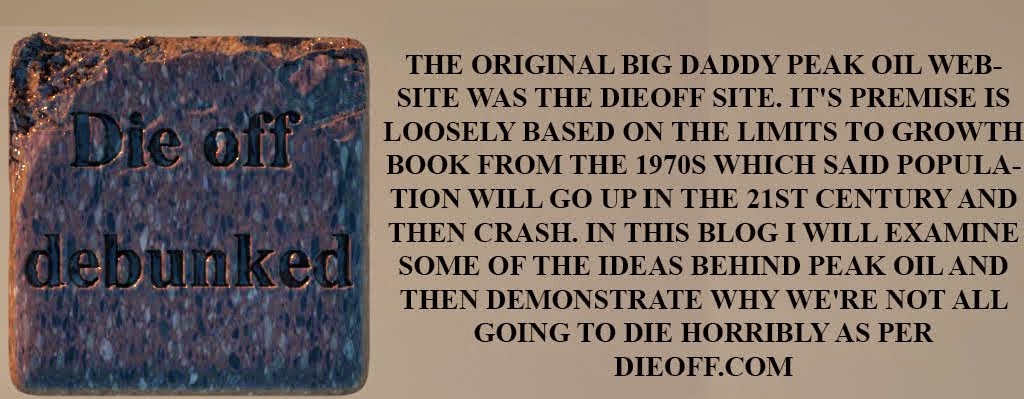Grid parity always seems to be around the corner. It's already there in sunnier parts of Southern Europe and South Africa. But what about the U.S.? Is there anywhere it's already reached grid parity?
As it turns out, the answer is yes. In Dallas, Texas, it's possible today to purchase a solar panel system which over the course of 40 years (the active service life of installed solar panels, with data reaching back to the 1970s), the per kilowatt cost of solar panels installed today is at par with electricity bought from the spot market.
.....
We're not there yet for the rest of the country for varying reasons, but I suspect we're pretty close.
Now we may ask a particularly relevant question:
What does this mean?
Well let's take a couple of scenarios:
Scenario 1:
Let's say that fossil fuels are doomed to decline over the next twenty years or so.
Scenario 2:
Technology will be developed to unlock the vast resource of unconventional fossil fuels.
In the case of Scenario #1, the price of fossil fuels will start on an upward slope and since it will be far cheaper to generate power from solar panels then that's exactly what we'll get.
The economy will probably grow slower initially since although the electrical economy is more efficient than the fossil fuels powered one, renewables are starting from further back and so will take some time to build up a head of steam.
In Scenario #2 we will get more of the same (i.e. greater quantities of fossil fuels than before). The economy will continue to grow based on the old paradigm, but technology will continue to advance and the transition to a sustainable renewables powered electrical economy will just take longer than in scenario #1.
In either case, however, we're not going to be seeing any kind of dieoff graph. Instead we're going to continue to see the global economy grow.


3 comments:
So solar is on par with gas and coal fired electricty if amortized over 40 years. Yes, that's not bad, but who lives anywhere 40 years? Most Americans never spend 10 years in one place, much less 40.
The cost of solar is not that simple unless you plan to stay in one place for 40 years, which is not a bad idea from a sustainability perspective.
I'm afraid I don't buy into your argument anon.
The reason is that solar panels do not require fuel. They *have to* be paid for up-front in total.
Thus the only reasonable way to do a valid comparison is to take the electricity cost to the consumer and compare it to the cost of the solar panel divided by it's lifetime.
From that perspective, we are pretty close to the point at which it will become cost effective for energy *suppliers* to build solar plants and provide electricity to consumers from those plants at a greater profit than they will make from fossil fuels.
As for not living in one place for 40 years, I don't get that argument either. Usually you do an upgrade to your home you add that into the selling price. Unless you are making an assumption that you can't get your money back for a solar installation if you move which I also don't buy.
Any case, this post is an illustration of how close we really are to ditching fossil fuels.
The meaning of the 40 year amortization period is that during that time the value of the panels declines to zero. The fact that they might be acquired by different owners during that time is immaterial.
Post a Comment